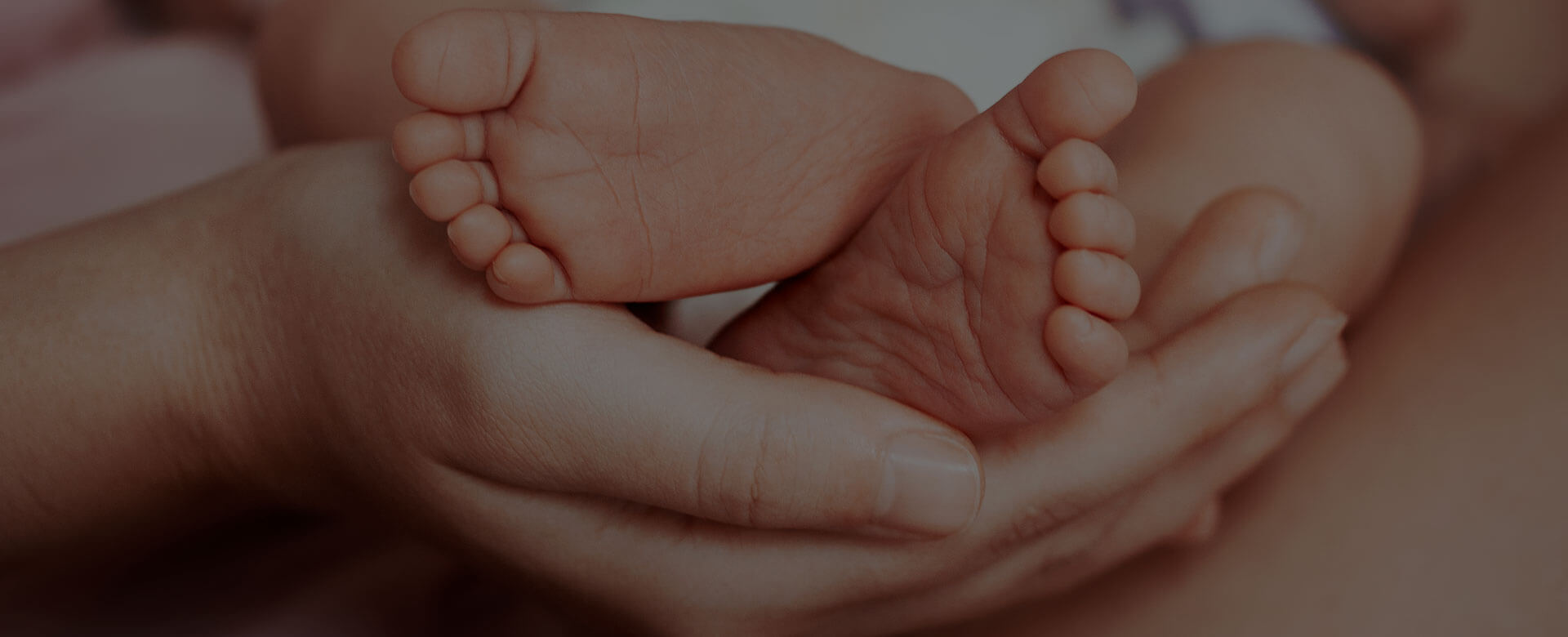Her name is Molly and the embryo from which she was born was cryopreserved 28 years ago. This is the story of the record baby demonstrating the feasibility of cryopreserve for almost three decades biological material, such as stem cells, maintaining its quality and its biological age.
She looks like a normal baby girl: when she was delivered on October 26 she weighted 6 pounds and 13 ounces; she has got a mom, a dad, and a 3-year-old sister; she is healthy, and the labor was relatively straightforward. But she is a world record-baby. In fact, Molly was conceived 28 years ago via in vitro fertilization (IVF). The embryo was then cryopreserved and donated by her biological parents. The same procedure allowed her sister, Emma, to be born three years ago. And from a technical point of view, Emma and Molly are twins, being conceived during the same IVF procedure.
Molly broke the record established by Emma, shifting from 25 to 28 the age of a cryopreserved embryo tranferred into a uterus giving birth to a baby. A record that shifts also the limit for the cryopreservation of the biological material.
The efficiency of cryopreservation
The birth of Molly demonstrates that the biological age of cryopreserved biological material is the same up to 28 years after the cryopreservation. And given the enormous amount of embryos and stem cells cryopreserved in biobanks all around the World, this is great scientific news.
The experts of the field highlight the feasibility of maintaining the quality of biological material via cryopreservation. Arianna Pacchiarotti, chief of Medically Assisted Procreation at San Filippo Neri Hospital in Rome, Italy, told Sky Tg24 that vital embryos selected for cryopreservation do not face any problem if they are correctly preserved; she also hypothesizes that they might be cryopreserved for more than 28 years. And Brian Levine, practice director of Manhattan fertility clinic CCRM, told the New York Post that new century freezing techniques might enable further extension of the cryopreservation period after which embryos maintain their quality.
Not only embryos
This new record extend the shelf life not only of embryos, but of all cryopreserved biological material that is stored in the biobanks around the World. A good news also for all the people that cryopreserved their stem cells, or their son’s ones, in Bioscience Institute facilities.
In fact, Bioscience offers a 20-year cryopreservation contract based on the results of scientific evidence of the successful transplant of human hematopoietic stem cells cryopreserved for 21 years. The birth of Molly confirms the validity of this contract, opening the possibility of an extension of the cryopreservation based on scientific evidence of its efficiency.

